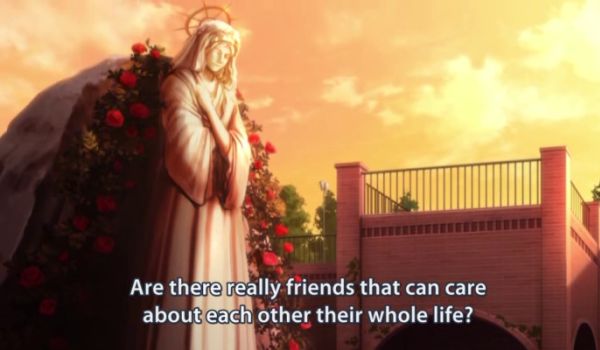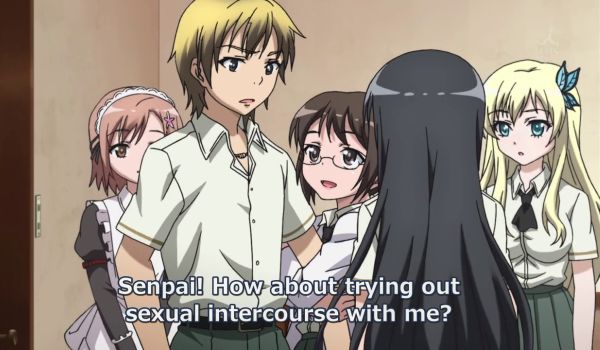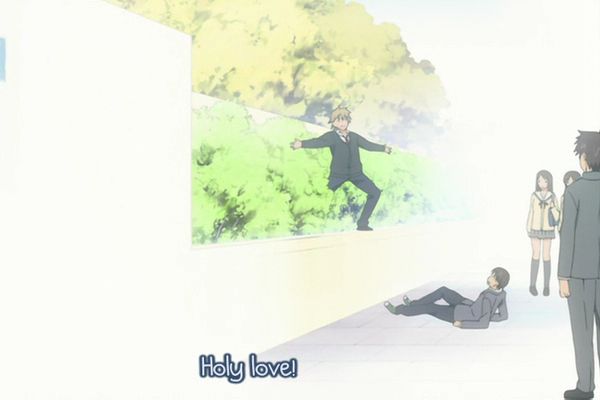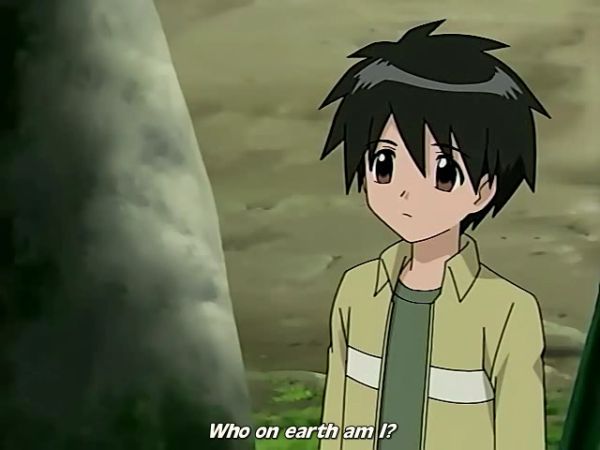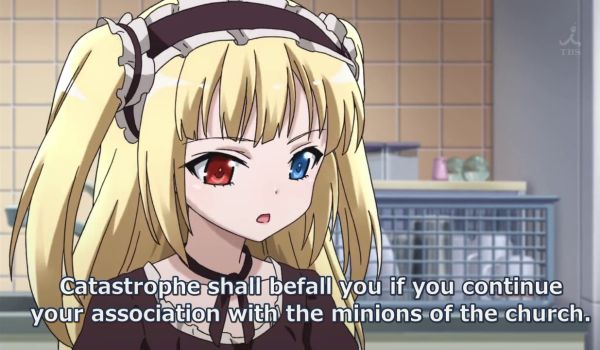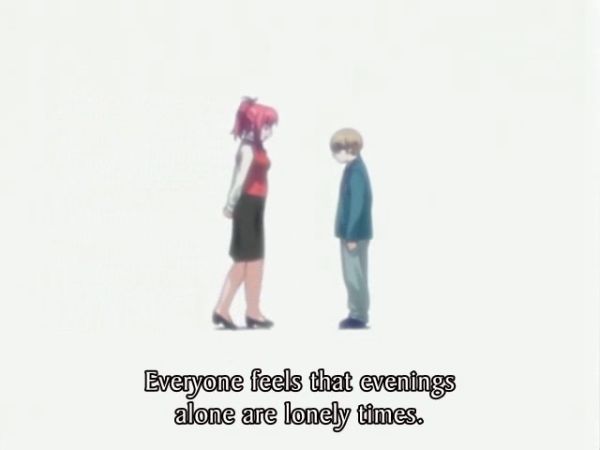
“Everyone feels that evenings alone are lonely times” says the teacher. But wait, there is one who does not feel like that, and that is I. For I am continually with thee…
“So foolish was I, and ignorant: I was as a beast before thee. Nevertheless I am continually with thee: thou hast holden me by my right hand.” -Psalm 73, verses 22-23.
This paradox is the heart of my life. I am not all heart, I have many other sides as well. But when we come right down to it, this is the mystery that sets me apart from the average person and changes everything. The “thee” in this text is presumably God. At least it is someone in Heaven. And that’s so for me too. If this Presence is not God personally, it certainly seems to represent Heaven.
The strange thing is that even though I have been as foolish and ignorant as a beast, if not more so, nevertheless I am continually with this Presence. It is beyond obvious that it is not something I have deserved or achieved.
And this more than anything else is what creeps me out about the teachings of St John of the Cross and various other highly respected saints. I can live with not eating tasty snacks or playing computer games; most of the world probably still has other priorities than that. I can live without a lot of things, if it is necessary. But I am not sure I can live, even literally, for long without the Presence.
The few times the Presence has been hid from me, typically for a quarter of an hour or so, I felt an anguish unto death. It felt like the core of my being was ripped out, and I felt physically weak, icy cold from the inside out, stunned by unspeakable fear, and the world had lost a dimension much like if you woke up and could only see in black and white. Everything seemed to be reduced to mere matter, as if the life and beauty and presence that fills everything had retreated to Heaven and closed the door behind it.
Now you may reasonably say that this is how people see the world, but I doubt it. I don’t think even hardcore atheists see the world dead and bare like that. They just are not able to realize that the life and beauty and presence all around them is not an automatic part of matter. Or they think it is just added by their own mind. And I guess that is correct, in a manner of speaking. But it is not automatic. It is not something the mind just can choose to add, or simply add by habit. It is something that can be taken away. But that intrinsic quality of the material world is not all of it, although it is striking. There is also a presence as if someone always watches over me with warm eyes, as if I were a small child playing in the presence of its parents.
“Continually with thee” is the best description I have ever seen of this. And even if I knew that something amazing was on the other side, I would not have the courage to let go of that hand.
I believe this Presence may have been there all my life. When I was four, my mother took me to a hospital in the city where I would spend several days being checked for various things about my asthma. She could not stay there with me, and could not afford to stay in the city even. She had to return to the farm, a night’s travel away, and it probably broke her heart. I did notice, but not much more. I had a most excellent time, except the nurses forced me to eat meat and fish. I put up a ferocious battle, and that was how my mother located me when she came some days later to pick me up. I was screaming – not for my mother, but rather, I was screaming: “I want just dessert! I want just dessert!” – because the main course was all full of dead bodies.
As a child, I was a talkative fellow, but I also spent hours on end alone by the river or in the forest or the mountain. All the while I was speaking out loud (it took quite some effort to stop it when I grew up), as if I took for granted that there was always someone there with me. I did not really think about it until much later, who or what my invisible friend was who was listening to me. When I learned to pray and later, in my teens, learned to stop praying and just listen, I could sense the Presence there, its aura as real as I myself if not more so.
And, except for those brief glimpses of Hell – or that was how it felt to me – I have been continually with my invisible friend. But it is not merely a silent presence. It has definite opinions on many things. It approves and disapproves, warns, comforts, gives me advice. It cannot be forced to “say” anything at all, and not to keep to any particular topic. It will supply information that it deems useful, for the most part, and often practical in nature, while my own thoughts often wander to obscure scientific topics it refuses to discuss.
So that is how it is. Sin is said to separate us from God, and it certainly makes things awkward, but even though I have been as a beast, I have been continually with Thee. It never caused a complete separation, a closing of the door. Well, actually I am not sure that one or two of those glimpses of Hell did not start with me sinning, but I know not all did. It seemed more like a biological thing, as if my God-sense was blinded. In a sense, it may have been more like my spirit had left together with God and the me that was left was “meat”. Although I am not entirely sure. I am in no hurry to test it again. Never is soon enough.
“Thou shalt guide me with thy counsel, and afterward receive me to glory.” -verse 24.
The Presence has guided me with its counsel, exactly, probably before I even read this verse (although that is hard to say, I may have read it in the old Danish Bible I found on the top shelf when I was 10 or so). I am a lot more worried about the reception into glory though, because I did not always (or was that “not very often”?) follow that counsel if it seemed less fun or more bothersome than my own alternative. Only when things went wrong did I have to take the next counsel.
“Whom have I in heaven but thee? and there is none upon earth that I desire beside thee.” -verse 25
This was the verse I was actually looking for when I returned to this psalm today. In Norwegian it says “I have lust for nothing on Earth”, which unfortunately is not an accurate description of me AT ALL. But “none” is an entirely different matter. I mean, I am glad there are humans, I would not be able to live long without them, I even like some of them, they are decorative and sometimes interesting. But there is no ONE of them that I “desire beside thee”, no particular person that fills a hole in my life. I have never been in love, even though I tried when I was young. But there is no keyhole to which anyone on Earth is the key. There is no human-shaped hole in my life (or dog-shaped or whatever). There is only one hole in my life, in my heart, and it is continually filled, except during the glimpses of Hell (luckily long in the past right now, long may that last).
I know from experience that if I pray earnestly for something to be taken away from me, it can happen. I made that mistake once! I was young and too eager for my own good, and had noticed that when I did something good for someone, I felt a kind of reward inside, a warm glow of happiness like that of a dog being praised. Having read some hagiography, I prayed to God to take away this feeling, as it was pleasing to the ego. And from then on, it disappeared. I feel bad when I do the opposite, but I feel no pleasure in doing good. Which worked nice for the saint I had been reading about (Madame Guyon, I think), but not for me. I haven’t really done much good since then, because I am a big bag of ego and when I don’t get praised by the Presence, I don’t really care. I mean, sure, I can help, but I don’t look for opportunities or go out of my way.
So I am not going to ask for the “Thee” to leave me. No ifs and buts about it. No way. As far as I am concerned, I would be happy to stay like this forever. And ever, amen.
